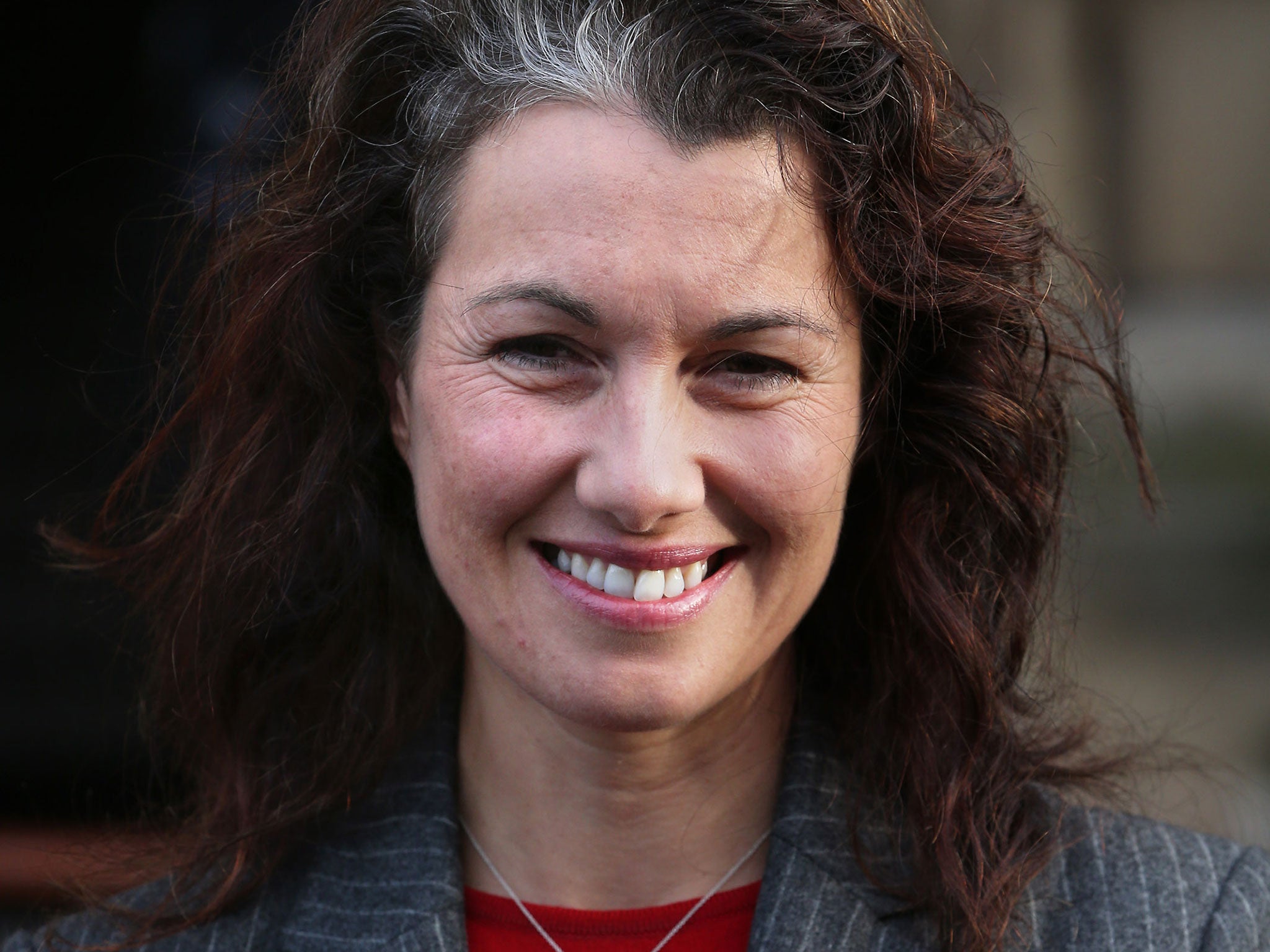Children let down by law that allows internet grooming
The MP Sarah Champion says police need better tools to catch predators

Children who are targeted by adults for online sexual grooming are not being protected by the law, a leading MP has warned.
Current legislation contains “a loophole” that means police need to prove a groomer has contacted the victim twice, hindering attempts to tackle child exploitation, according to Sarah Champion.
The Labour MP, who chaired a parliamentary inquiry into the sexual exploitation of children online, said officers had told her this was “the single biggest obstacle for authorities trying to prosecute abusers”.
The nature of grooming has changed, according to Cassandra Harrison, assistant director at Barnados, who said online abusers now use a “scattergun approach”. They contact hundreds of children at once on social networks, in the hope that a handful will respond.
“The law needs to be changed to reflect that so that on first contact, if police catch a person grooming a child for sex they can act and it will be a crime, as is already the case in Scotland,” Ms Harrison said.
Earlier this year Tim Storey, who is separated from his wife, an Oxford-educated lawyer, escaped with a three-year rehabilitation order after setting up a fake Facebook profile and persuading girls as young as 12 to film themselves naked.
Ms Champion, who ran a Children’s hospice before becoming a Labour MP 18 months ago, spoke to police officers, judges, and social workers during her inquiry. “I’m hugely concerned about the devastating effect the internet, specifically porn and on-line chat rooms, is having on young people,” she said.
“Abused children are trying to find out if what is happening to them is normal. They see abusive porn on the internet and accept that it must be normal. Without statutory sex education, now children find out what is normal in a relationship [through the internet], and they are finding very graphic pornography.”
One of witnesses at the inquiry had been groomed from a very young age and then sexually exploited. “She didn’t think it was right but couldn’t speak to her mother and was scared to report what was happening, so she went online and saw bondage and [violent sexual imagery] and thought, ‘this is normal that gangs of men rape women’. It justified what the abusers were doing to her. She kept quiet for another few years,” Ms Champion warned.
She said the key was to instil in children a sense of their rights as individuals. “The right to say no, what’s acceptable and what’s not acceptable. To help them – if at a young age they are approached and groomed – to know it is not acceptable behaviour and that they have right to do something about it.
When it came to victims, there was “very much a model”, Ms Champion said.
“Normally these are children who are quite socially excluded. We spoke to one young lad who came out at 12 and his parents disowned him and his friends disowned him. The perpetrators [who abused him] realised he was vulnerable and they stepped in.
“The next stage is to ply [these children] with drugs and alcohol, and more upsettingly, ply them with love. They’ll say, ‘Don’t tell your parents, they don’t love you. We love you’. The vile abuse and trafficking then starts.”
Case study: A horrible feeling
Alfie is one of three boys. Aged 13, he is on the autistic spectrum and emotionally “immature”, so when he joined Facebook, his dad, Pete Goulding, was wary. “We couldn’t exclude him from it, it’s such a big part of the social process. So I’ve always monitored his profile,” he said.
Mr Goulding noticed a character called Lily Matthews who had “popped up” among his son’s friends. “I didn’t take too much notice to start with.” Then the messages started to get “more frequent and more risqué. Lily started to ask: ‘Do you fancy camera sex?’
“I wanted to balance protecting Alfie and letting him have some normality. He sounded nervous and made up reasons why he couldn’t do it. Sometimes he would ignore the requests, they would come back.” At this point, alarm bells rang. “I started looking into this Lily, and saw she had a few friends but only ones associated with Alfie, and she only had one profile picture. What 13- or 14-year-old has no pictures of themselves with their friends?”
When Lily asked to meet up, Mr Goulding confronted his son and then called the police, who said gleaning information from big social networks based outside Britain would not be easy. “Eventually, they found out the account was set up outside the EU, but said, ‘Unfortunately there is little we can do.’ It is a horrible feeling for a parent,” Mr Goulding concluded. “But the most important thing is Alfie knows it wasn’t his fault, and now we know to stay vigilant.”
Subscribe to Independent Premium to bookmark this article
Want to bookmark your favourite articles and stories to read or reference later? Start your Independent Premium subscription today.
